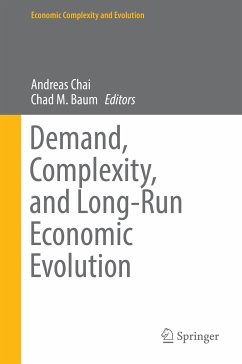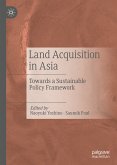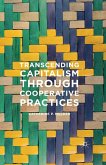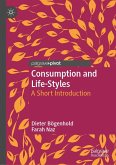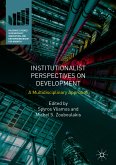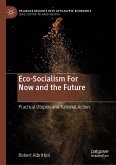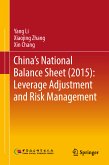The purpose of this contributed volume is to consider how global consumption patterns will develop in the next few decades, and what the consequences of that development will be for the economy, policymakers, and society at large. In the long run, the extent to which economic growth translates into better living conditions strongly depends on how rising affluence and new technologies shape consumer preferences. The ongoing rise in household income in developing countries raises some important questions: Will consumption patterns always continue to expand in the same manner as we have witnessed in the previous two centuries? If not, how might things evolve differently? And what implications would such changes hold for not only our understanding of consumption behavior but also our pursuit of more sustainable societies?
Dieser Download kann aus rechtlichen Gründen nur mit Rechnungsadresse in A, B, BG, CY, CZ, D, DK, EW, E, FIN, F, GR, HR, H, IRL, I, LT, L, LR, M, NL, PL, P, R, S, SLO, SK ausgeliefert werden.

